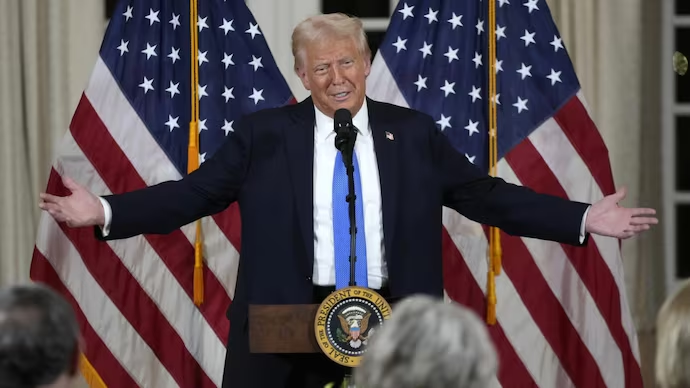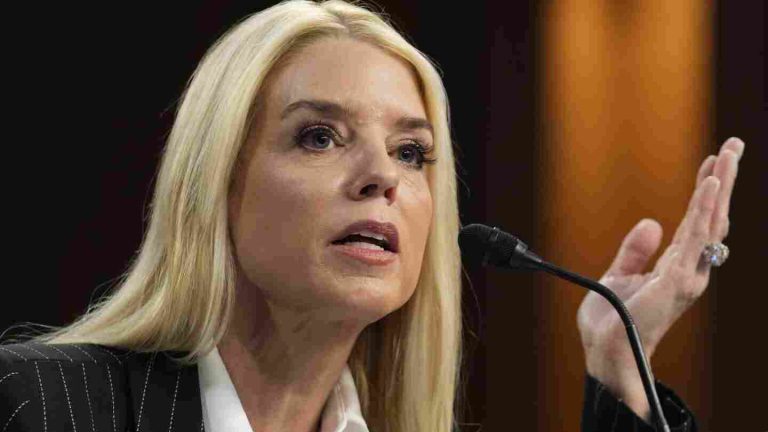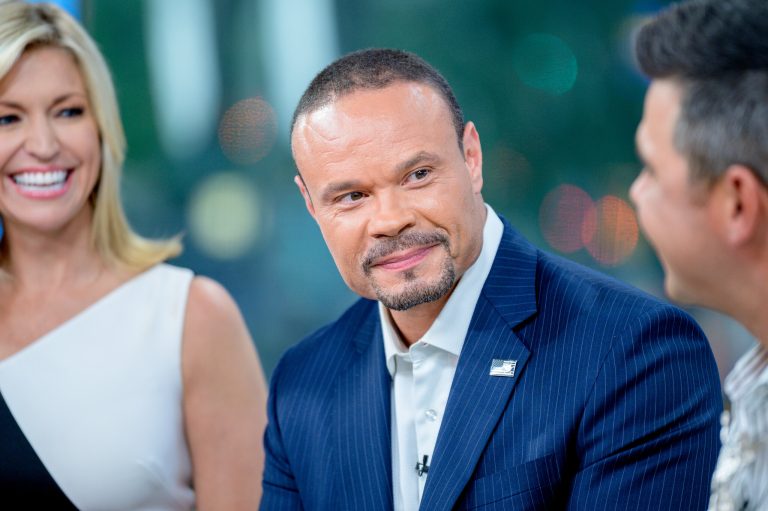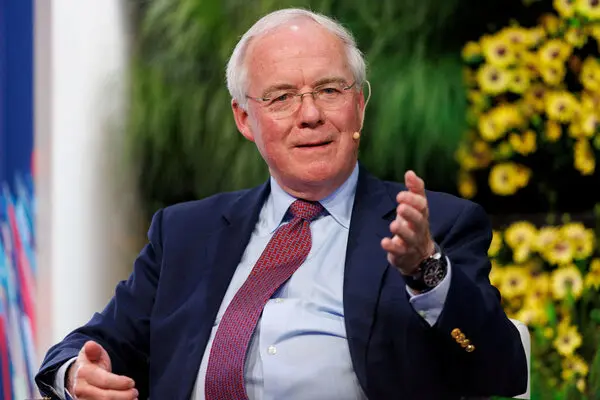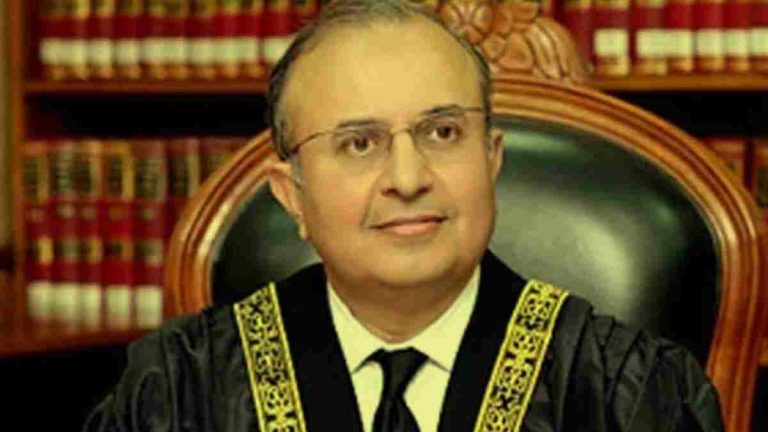Donald Trump: A Comprehensive Biography of a Controversial Leader
Donald John Trump, the 45th President of the United States, is one of the most polarizing and well-known figures in modern political history. Known for his unorthodox approach to leadership, his high-profile business career, and his reality television fame, Trump’s life has been a constant source of debate, admiration, and criticism. This article delves into his life, family background, career, achievements, controversies, and legacy, offering a comprehensive look at a figure who has influenced the political and business landscapes in ways few others have.
Early Life and Family Background
Birth and Family Origins
Donald Trump was born on June 14, 1946, in Queens, New York City, to Frederick C. Trump and Mary MacLeod Trump. His father, Fred Trump, was a successful real estate developer who made his fortune building and managing affordable housing, primarily in the boroughs of New York. Donald’s mother, Mary, was a Scottish immigrant who came to the United States in 1930. The Trump family was affluent but not of the extreme wealth that Donald would later achieve.
Donald Trump grew up in a well-off family with a strong emphasis on discipline and hard work. He was the fourth of five children in the Trump family and had a complex relationship with his father. Fred Trump was known for his strong work ethic and high expectations, which greatly shaped Donald’s ambition. However, his father’s influence also created an environment where Donald was constantly pushed to prove himself, sometimes leading to tension between them.
Education
Trump attended Kew-Forest School in Queens before transferring to New York Military Academy (NYMA) at the age of 13. His parents sent him there to instill discipline, and it was at NYMA that he began developing his strong-willed, combative personality. Trump later went on to attend Fordham University for two years before transferring to the University of Pennsylvania’s Wharton School of Business, where he earned a degree in economics in 1968.
It was at Wharton that Trump developed his interest in business, particularly real estate, which would dominate much of his professional life.
Early Business Career
The Trump Organization
After graduating from the University of Pennsylvania, Donald Trump joined his father’s real estate company, The Trump Organization, in 1971. Fred Trump had built a real estate empire by focusing on middle-class housing in the New York metropolitan area, but Donald was determined to take the company to greater heights. He took control of the business and shifted its focus toward larger, more glamorous properties, aiming for more prestigious developments. His first major project was the renovation of the Commodore Hotel in Manhattan, which was rebranded as the Grand Hyatt New York in 1980. The success of the project helped establish Donald Trump as a major player in New York’s real estate market.
The Trump Tower and Expansion
In 1983, Donald Trump opened Trump Tower, a 58-story skyscraper located on Fifth Avenue in Manhattan. The tower became an iconic symbol of his wealth and business acumen, cementing Trump’s reputation as one of the city’s most prominent developers. Trump Tower, with its gold-plated finishes and luxurious design, symbolized his larger-than-life approach to business and self-promotion.
Throughout the 1980s and 1990s, Trump expanded his real estate empire further, acquiring casinos, hotels, and resorts. He purchased the Mar-a-Lago estate in Palm Beach, Florida, in 1985 and turned it into both a private club and a lavish residence. His empire continued to grow, with high-profile real estate deals that further increased his public profile.
Bankruptcies and Financial Troubles
Despite his success, Trump’s business career was not without its setbacks. His expansion into the casino industry, including the Trump Taj Mahal in Atlantic City, led to significant financial troubles in the early 1990s. Trump’s business ventures suffered due to massive debt loads, and in 1991 and 1992, several of his companies filed for bankruptcy. However, Trump was able to emerge from these setbacks by restructuring his debt and continuing his brand-building efforts.
Though many considered his bankruptcies a sign of failure, Trump’s ability to bounce back and maintain his public image as a successful businessman contributed to his larger-than-life persona.
Celebrity Status and Reality TV Career
The Apprentice
In 2004, Donald Trump became a household name in a new realm: television. He became the host and executive producer of the reality TV show The Apprentice, which aired on NBC. The show, which featured aspiring businesspeople competing for a job in Trump’s organization, was an instant hit, bringing Trump even more visibility and cementing his reputation as a no-nonsense businessman. His catchphrase, “You’re fired,” became iconic and solidified his status as a pop culture figure.
Trump’s time on The Apprentice lasted for over a decade, and the show helped further brand him as a businessman with a larger-than-life persona. The success of The Apprentice not only enhanced his wealth but also positioned him as a figure of authority in the business world, making his later political ambitions more plausible to the American public.
Donald Trump’s Political Career
Run for President in 2016
Trump had long been involved in politics, but he officially entered the political arena when he announced his candidacy for the presidency in June 2015. His decision to run for president was met with skepticism by many, including political analysts, pundits, and even members of the Republican Party. However, Trump’s blunt rhetoric, outsider status, and willingness to speak his mind made him a unique candidate. His platform included promises to build a wall along the U.S.-Mexico border, renegotiate trade deals, and focus on “America First” policies.
Despite facing criticism for his controversial statements and unorthodox style, Trump quickly gained a large and dedicated following. His rallies were marked by their populist tone, with Trump presenting himself as a champion for working-class Americans who felt left behind by the political establishment. His media-savvy approach, ability to dominate news cycles, and appeal to a segment of the population dissatisfied with traditional politics played a key role in his rise.
2016 Presidential Election Victory
In a stunning political upset, Trump won the Republican nomination in 2016, defeating established politicians like Ted Cruz, Marco Rubio, and Jeb Bush. He then faced off against former Secretary of State Hillary Clinton in the general election. Trump’s message of change resonated with a significant portion of the American electorate, particularly in swing states like Michigan, Wisconsin, and Pennsylvania.
On November 8, 2016, Donald Trump won the Electoral College by a narrow margin, defeating Hillary Clinton, even though Clinton won the popular vote. This victory was seen as a shocking development, as Trump’s campaign had been marked by controversy, and many expected him to lose.
Presidency: Achievements and Challenges
Trump was inaugurated as the 45th President of the United States on January 20, 2017. His presidency was characterized by aggressive political rhetoric, bold policy moves, and frequent conflicts with the media. Some of his key achievements during his time in office included:
- Tax Reform: Trump passed a significant tax reform bill in 2017, which included cuts to corporate tax rates and tax cuts for individuals.
- Economic Growth: The U.S. economy experienced significant growth during the first three years of Trump’s presidency, with low unemployment rates and a booming stock market.
- Judicial Appointments: Trump appointed three conservative justices to the Supreme Court, reshaping its ideological balance for years to come.
- Foreign Policy: Trump pursued an “America First” foreign policy, pulling the U.S. out of the Paris Climate Agreement, renegotiating NAFTA (which became the USMCA), and holding direct talks with North Korean leader Kim Jong-un.
However, Trump’s presidency was also marked by several controversies, including the handling of the COVID-19 pandemic, accusations of racism and sexism, and his response to protests against police brutality. The most significant controversy was the impeachment proceedings in 2019, where Trump was accused of abuse of power and obstruction of Congress. He was acquitted by the Senate, but the impeachment process further deepened the political divide in the country.
2020 Election and Aftermath
In 2020, Donald Trump faced off against former Vice President Joe Biden in the presidential election. Despite a strong economic performance before the pandemic, Trump’s handling of the COVID-19 crisis and his inflammatory rhetoric led to a loss in key swing states. Biden won the Electoral College, and Trump’s claims of widespread voter fraud were widely debunked. His refusal to concede the election led to the January 6, 2021, Capitol riots, where a mob of Trump supporters stormed the U.S. Capitol, resulting in deaths and injuries.
Legacy
Donald Trump’s legacy is still being debated. His supporters view him as a disruptor of the political establishment who put America first, while his detractors see him as a divisive figure who exploited fear and anger for political gain. Regardless of how history ultimately judges him, Trump has undoubtedly left a lasting impact on American politics.
Personal Life and Family
Marriage and Children
Trump has been married three times. His first wife, Ivana Trump, a former model, was married to him from 1977 to 1992. They have three children together: Donald Jr., Ivanka, and Eric Trump. Trump’s second wife, Marla Maples, a former actress, was married to him from 1993 to 1999. They have one daughter, Tiffany Trump. Trump’s third wife, Melania Trump, a former model from Slovenia, married him in 2005. They have one son, Barron Trump.
Throughout his personal and professional life, Donald Trump has often made headlines due to his relationships and family dynamics, with his children being prominent figures in his political and business endeavors.
Conclusion
Donald Trump is a figure who has shaped the modern political and business landscape in profound ways. His rise from a real estate mogul to a reality TV star to the 45th President of the United States is a testament to his ambition, branding skills, and media savvy. His presidency, marked by both achievements and controversies, will remain a defining moment in American history. As the nation continues to grapple with the impact of his leadership, Trump’s influence on the political sphere is undeniable, and his legacy will be studied and debated for years to come.
